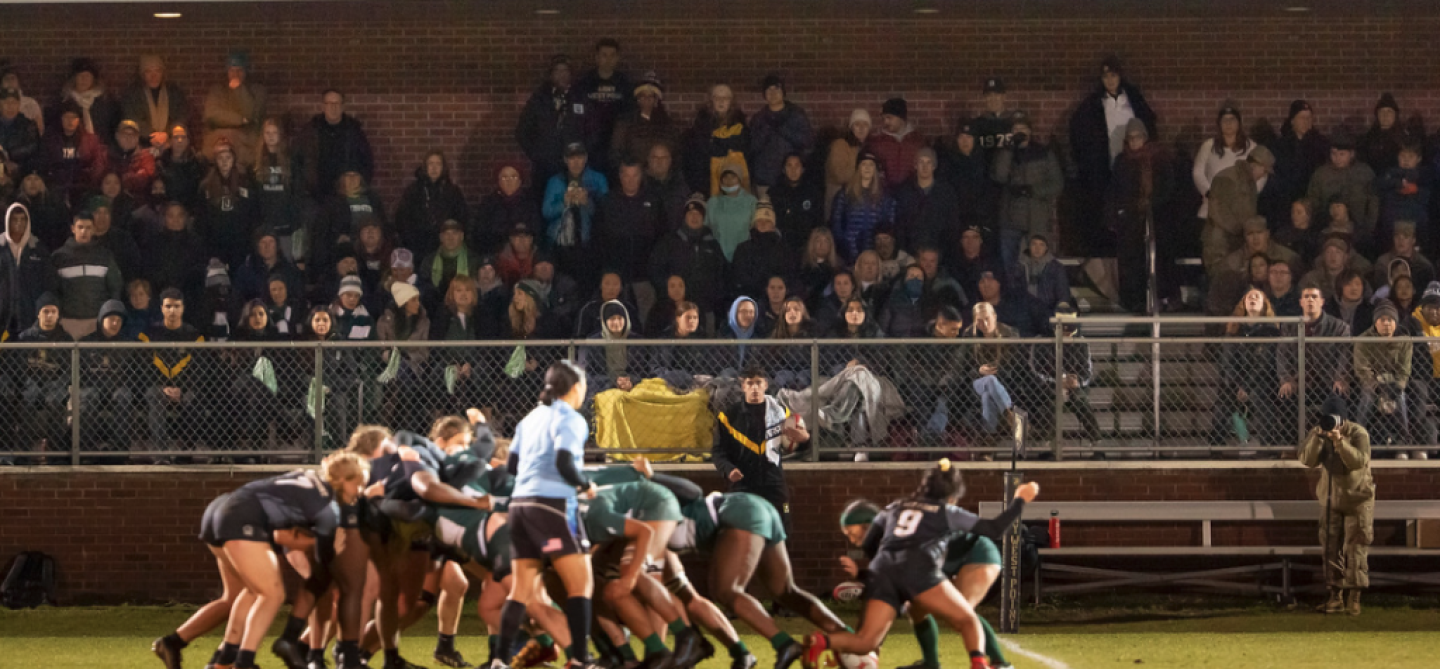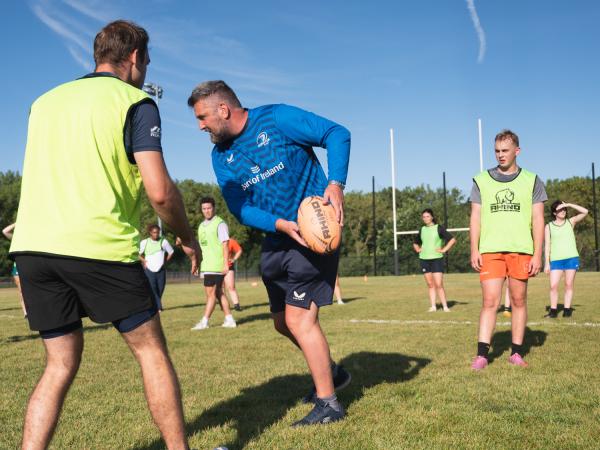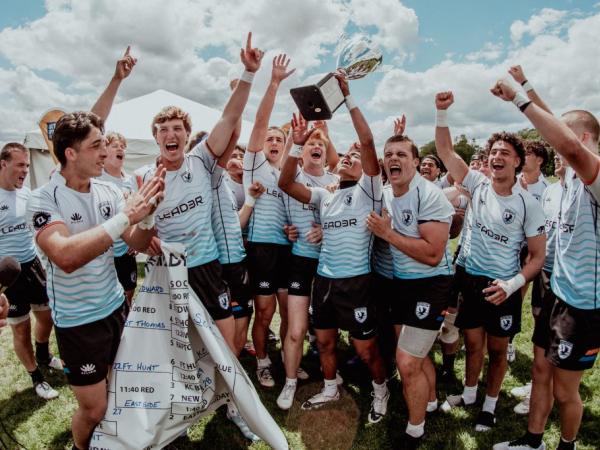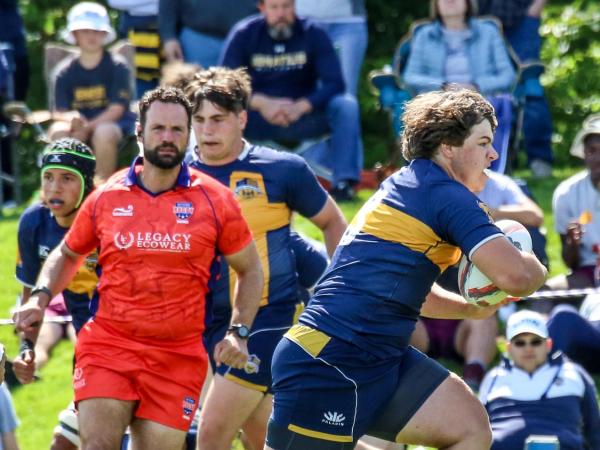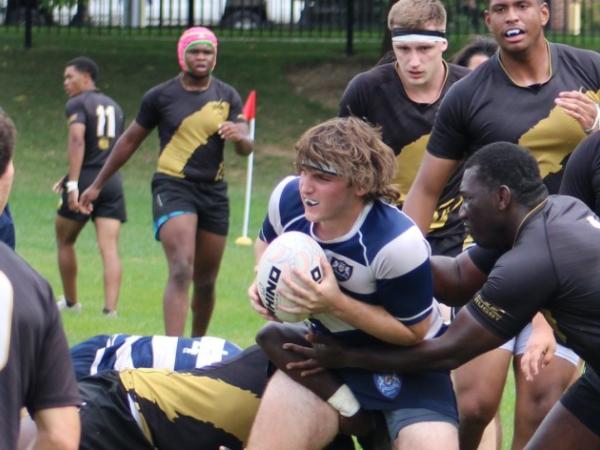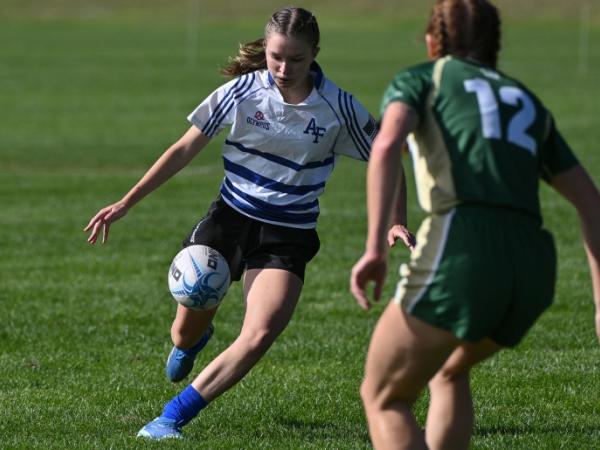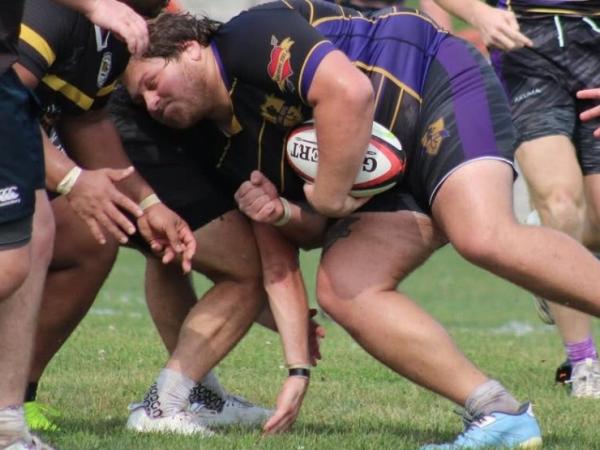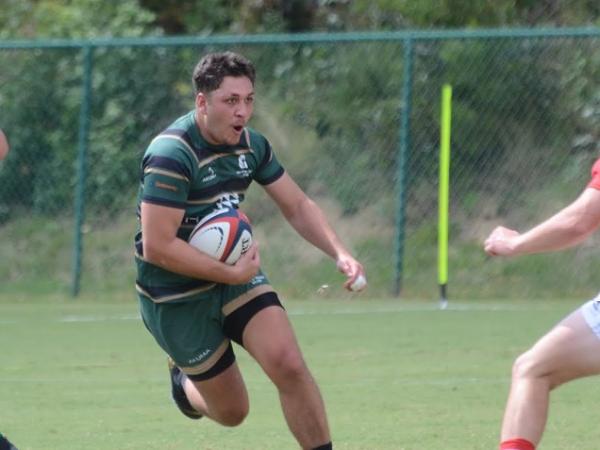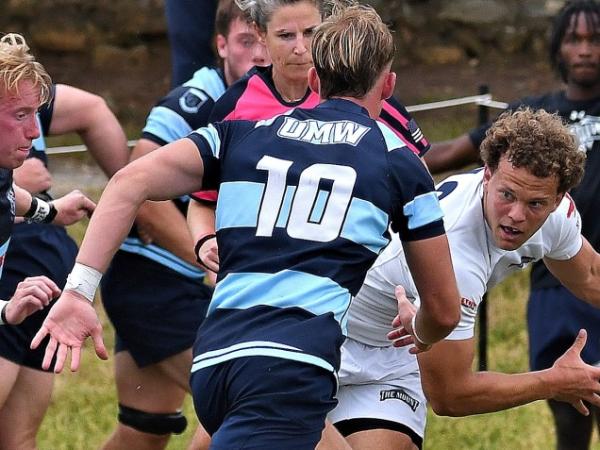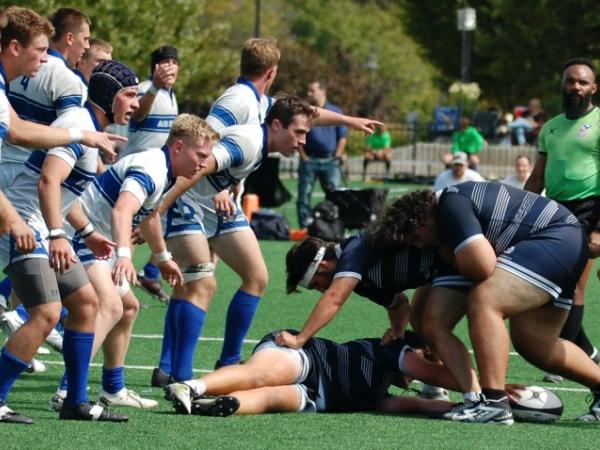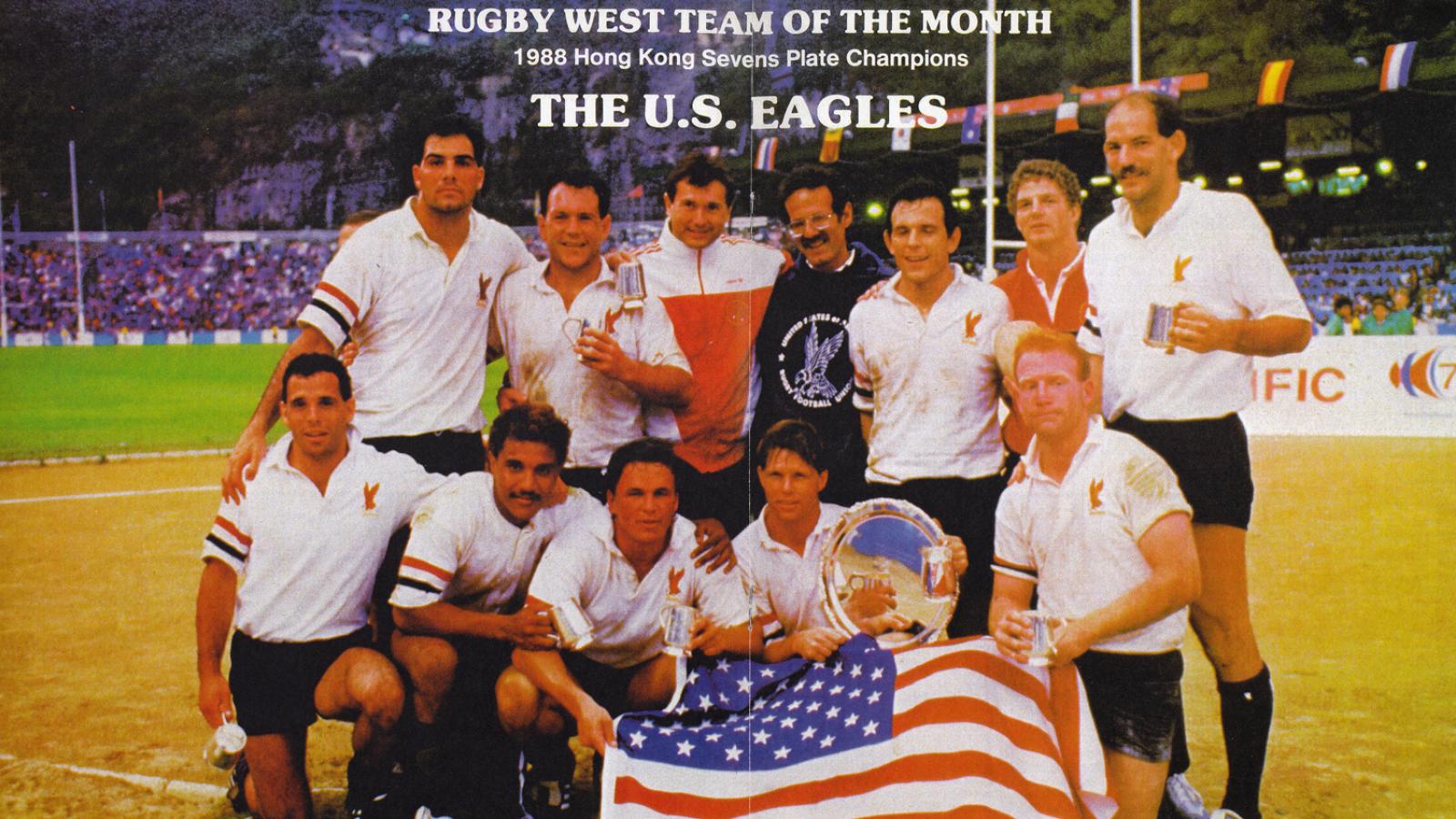Following the 50th Anniversary of the signing of Title IX, it seems appropriate to look at where we are in women’s collegiate rugby in the context of that landmark legislation.
Designed to ensure proportionate opportunity for female students in activities, Title IX should have been a huge opening for women’s rugby in college. There’s no football, after all, and rugby is a high-participation, low-cost contact sport that ticks a lot of boxes when it comes to showing progress toward Title IX compliance.
But rugby has been its own worst enemy at times and the social aspect of the game, especially in the two decades following Title IX’s signing hindered most drives to legitimize women’s rugby on campuses.
But it’s a different world now. Respected institutions around the nation have embraced rugby as a school-supported sport. It being an Olympic sport doesn’t hurt. It being an NCAA sport is good, too, although rugby has yet to meet the threshold of 40 teams that would mean the NCAA would pay for a postseason.
But we should be there, shouldn’t we? It’s not as if every college has achieved Title IX compliance. In fact, far from it. According to TitleIXSchools.com, a survey of over 2,000 colleges and universities found about 90% get a failing grade in Title IX compliance, measured by equality in numbers, scholarship dollars, and recruiting support.
(There’s no such thing as partial equality, says their website, but they do have some wiggle room, and do give some institutions overall passing grades if they are close in some metrics.)
About our source: TitleIXSchools.com publishes a data base of over 2,000 colleges and how they measure up to Title IX benchmarks. The data is accrued from the US Government's Office of Postsecondary Education, and then judged under the watchful eye and tireless work of Nancy Hogshead-Makar, a three-time Olympic gold medal-winner in swimming who became a lawyer and advocate for women's athletics. She has served on committees on gender in sports for two presidents and is a founding member of the Florida Coastal School of Law Sports Law Center. She is the founder of Champion Women, a non-profit that provides legal advocacy for girls and women in sports. See a PBS interview with Nancy Hogshead-Makar here>>
Running the Numbers
Now here’s the opportunity. Many of those schools with failing grades have rugby teams. What we need are activist student-athletes to take up the cause and push for varsity status. Why? Because it only helps your school.
At GRR we took the list of 2,023 colleges and identified out of that list 532 with a good women’s rugby presence OR, in a few instances, a very strong men’s rugby presence. (We did this from memory to save time so we probably missed some).
Of those, 23 received an overall passing grade from TitleIXSchools.com, so we’ll put them aside for now. A further 30 already have varsity women’s rugby (and all are getting a failing Title IX grade by the way), and we’ll put them aside. (That varsity number includes two NAIA schools, Aquinas and Life; it does NOT include several colleges that basically operate as varsity but do not, in fact, have full varsity status.)
That leaves us with 479 colleges who could field a women’s rugby team, whose school is failing in Title IX compliance in some way, and thus are ripe for a push from the women’s rugby student-athletes to make their program varsity.
We are especially interested in participation, because the first thing you as a rugby advocate can promise for a school is a boost in their female participation numbers. Of the 479 colleges on our list, 50 don’t have participation information. We’ll worry about them in a second.
We identified 55 schools that get a passing grade in participation numbers, but really only 13 of them have a good buffer. Most are just squeaking by.
So now we get a list of schools that are failing Title IX compliance, and either failing or passing by a small margin in participation—our range is -60 to +60.





